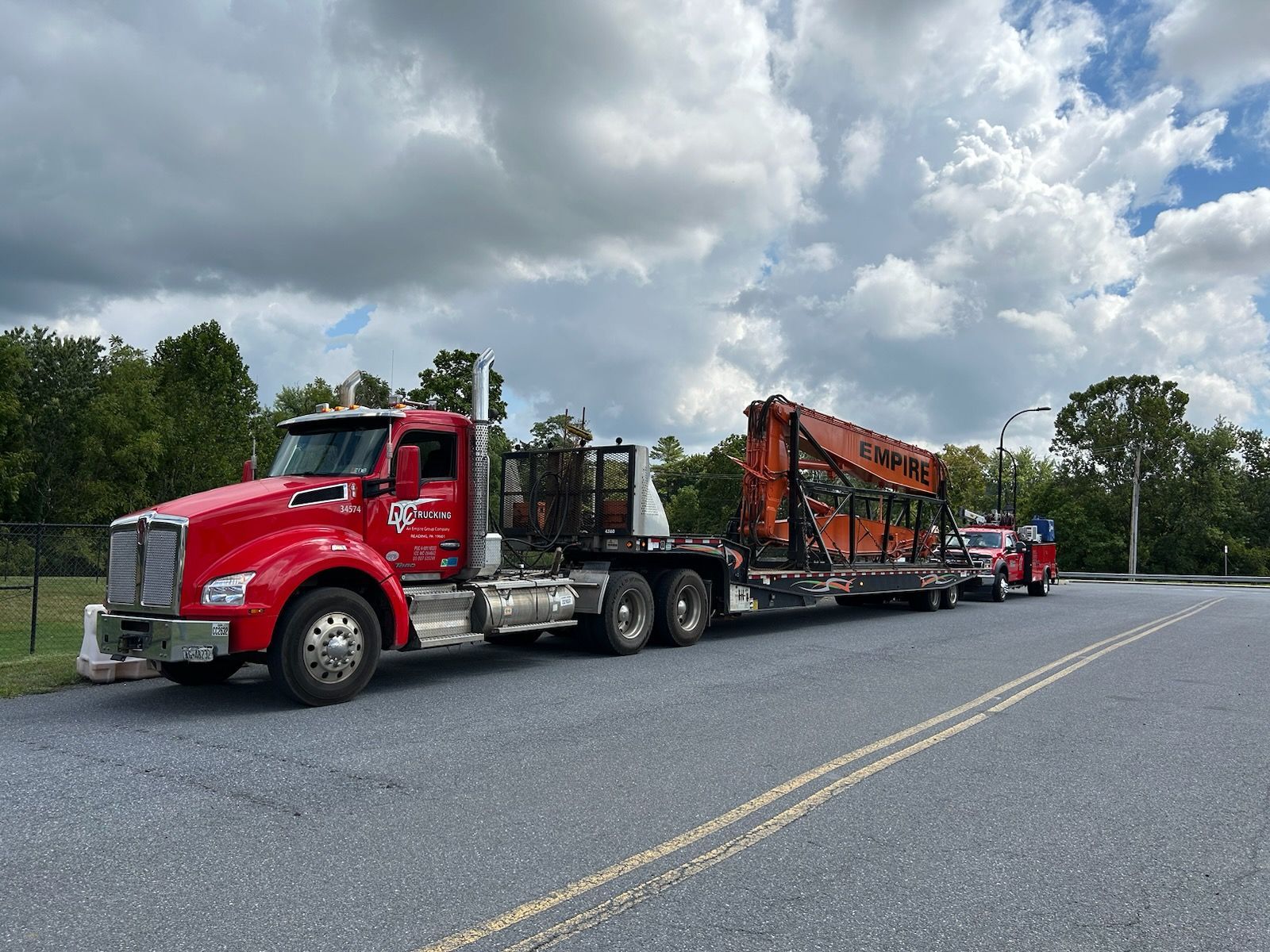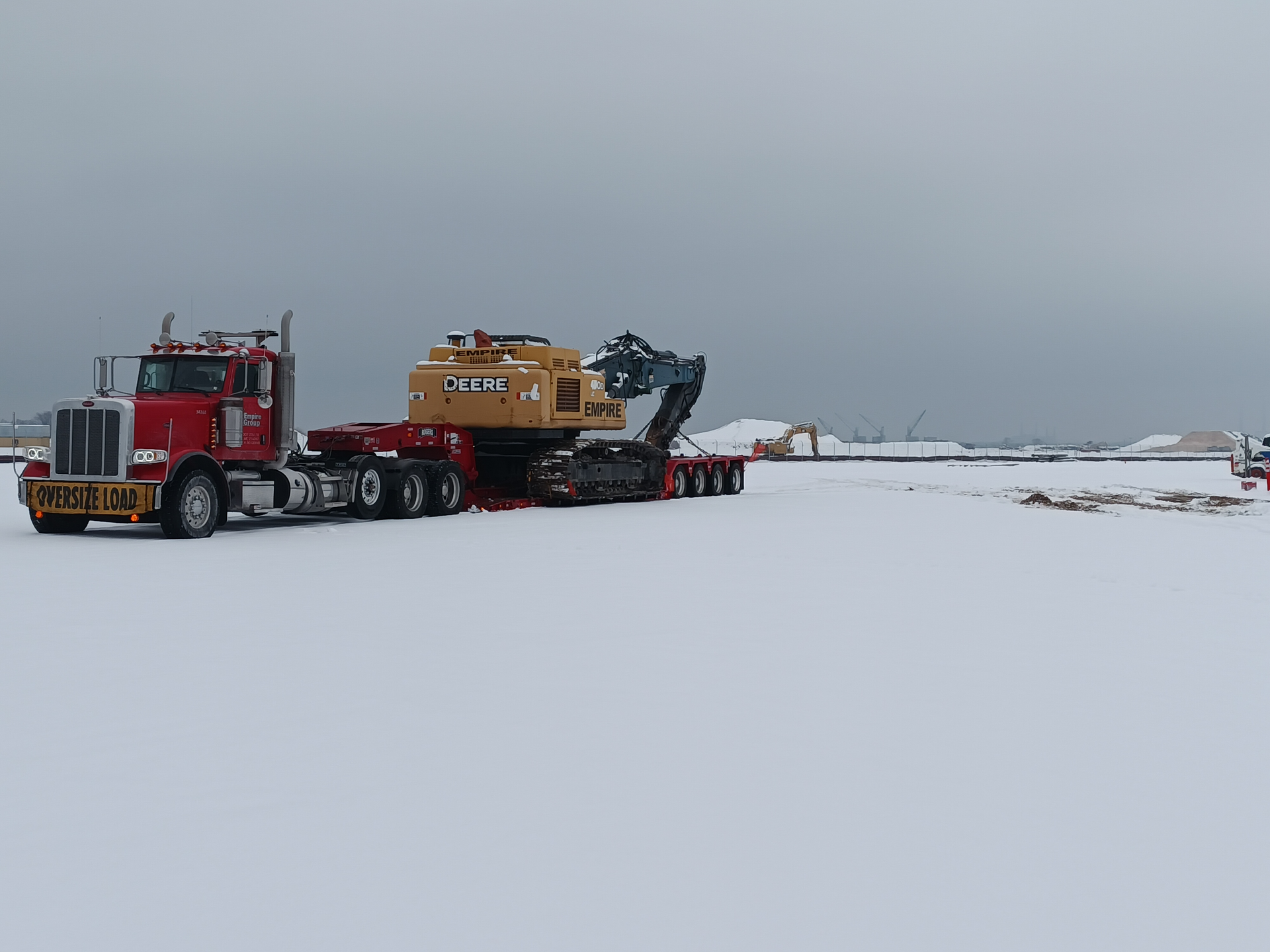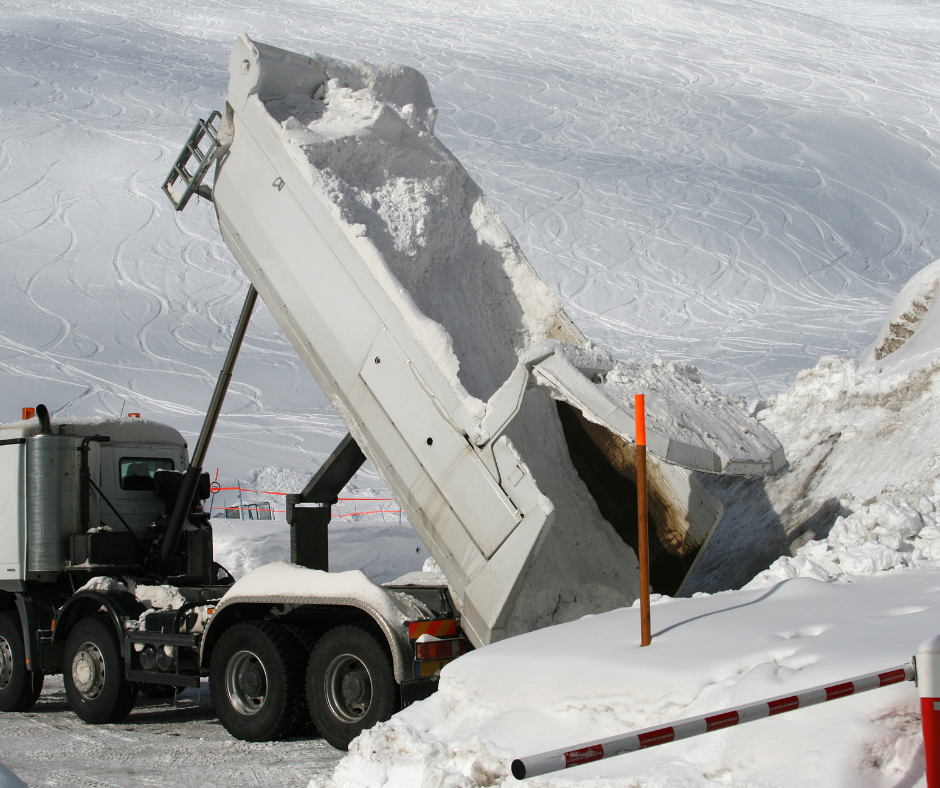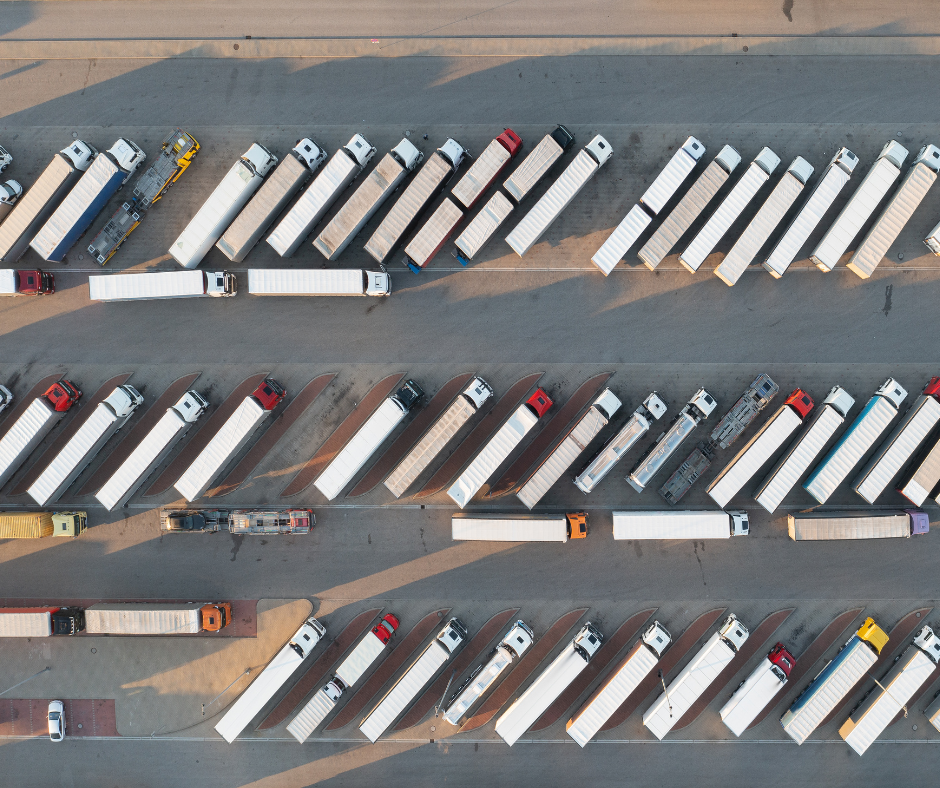How Will AI Revolutionizing the Trucking Industry?
The trucking industry, a backbone of global commerce, is undergoing a profound transformation thanks to the integration of Artificial Intelligence (AI) technologies. From autonomous vehicles to predictive maintenance, AI is reshaping the way goods are transported, making the industry more efficient, safer, and environmentally friendly. Let’s take a look at the top five ways AI is changing the trucking landscape.
Autonomous Trucks: One of the most significant impacts of AI on the trucking industry is the development of autonomous trucks. Companies like Tesla, Waymo, and Daimler are investing heavily in autonomous vehicle technology. These self-driving trucks have the potential to reduce labor costs, increase delivery speed, and enhance overall logistics efficiency.
Route Optimization and Efficiency: AI algorithms are being used to optimize truck routes, considering factors such as traffic patterns, weather conditions, and delivery schedules. This not only reduces fuel consumption but also ensures timely deliveries. Route optimization leads to cost savings and a more sustainable operation.
Fuel Efficiency: AI is contributing to improved fuel efficiency in the trucking industry. Smart technologies analyze driving patterns, suggesting optimal speeds and routes for fuel conservation. Additionally, AI can optimize load distribution, ensuring that trucks are carrying the maximum payload without compromising fuel efficiency.
Enhanced Safety: Safety is a top priority in the trucking industry, and AI is playing a crucial role in making roads safer. Advanced driver-assistance systems (ADAS) powered by AI technologies can detect potential hazards, provide real-time alerts to drivers, and even take corrective actions to prevent accidents. This not only protects the drivers but also enhances overall road safety.
Workforce Impact: While AI is automating certain tasks within the industry, it is also creating new opportunities. Truck drivers are likely to transition into roles that require more advanced skills in managing and overseeing autonomous systems. Training programs and education will play a crucial role in preparing the workforce for these changes.
The trucking industry is on the brink of a technological revolution, with AI driving unprecedented changes. From autonomous trucks to predictive maintenance, these advancements are not only making the industry more efficient but also addressing challenges related to safety, sustainability, and supply chain management. As the integration of AI continues to evolve, the trucking landscape will undoubtedly look very different, with benefits that extend beyond the industry itself, impacting global commerce as a whole.



How DVC's Trailers Are Perfect for Transporting Mulch, Stone, Sand and Soil for Landscaping Projects














